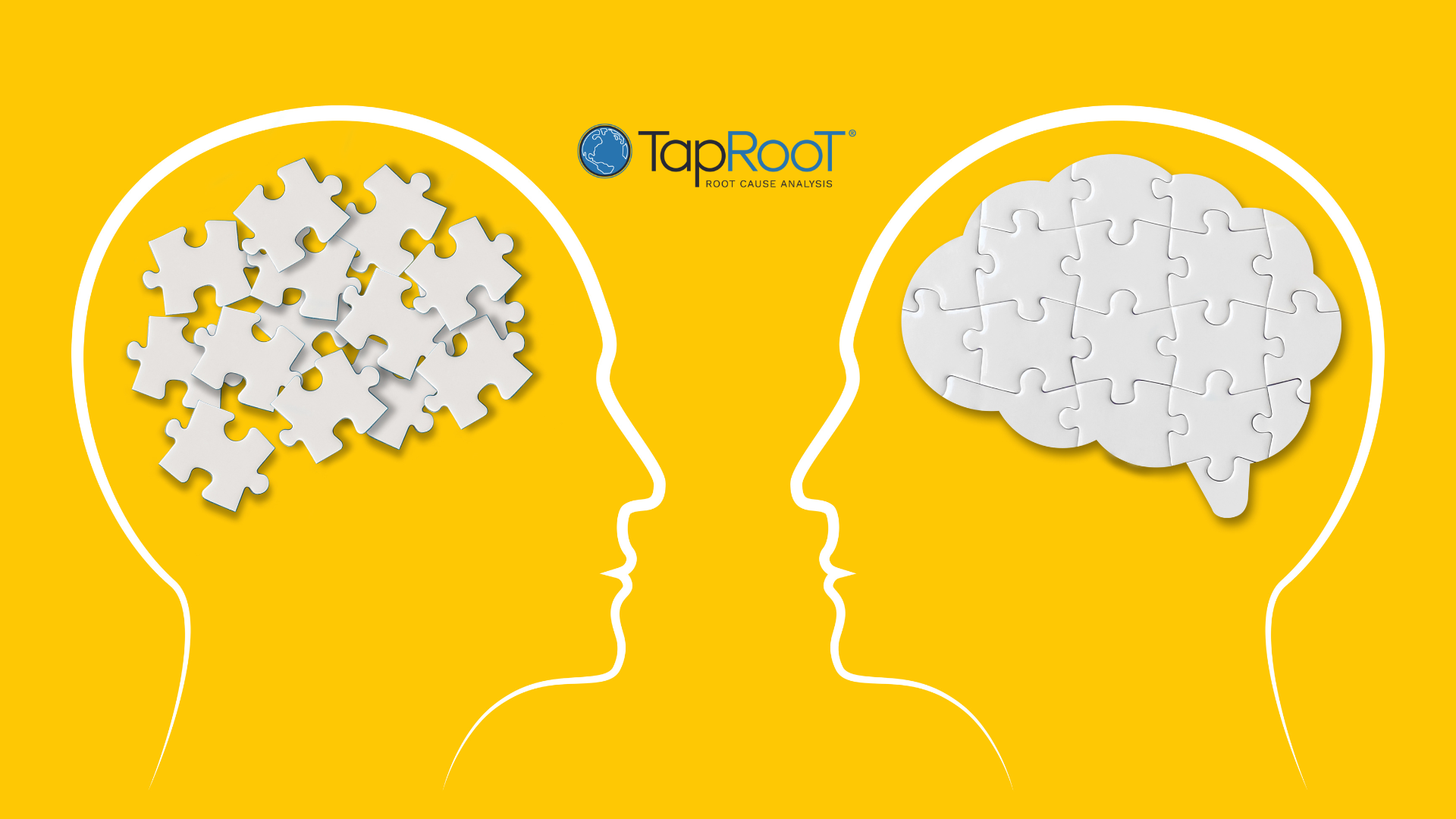Neurodiversity Perspectives: How It Shapes Organizational Success

In recent years, the term ‘neurodiversity’ has become central to discussions on mental health and inclusivity. While many see it as simply a different way of perceiving the world, and some associate it with disabilities, it’s important to ask whether these definitions truly capture its complexity. As a social scientist, my goal for you, the reader, is to leave you with a deeper understanding of the neurodiversity perspectives you hold. Before you continue, ask yourself what neurodiversity and neurodivergence mean within your organization.
What Are Neurodiversity Perspectives?
Neurodiversity refers to the natural variation in how the human brain functions, processes information, and engages with the world. It encompasses conditions such as autism, ADHD, dyslexia, and other neurological differences. Often, people frame neurodiversity as either a “disability” or a “perspective,” but this binary understanding may not do justice to the lived experiences of individuals who identify as neurodivergent.
For many, neurodiversity is more than just a lens through which they see the world. It impacts how they navigate daily life, relationships, and work. It’s not simply a mental health issue, nor is it always a limitation. Neurodivergent individuals may experience challenges in a world designed primarily for neurotypical brains, but they also often bring unique strengths and insights to the table.
Challenging the View of Neurodiversity as a Disability
Labeling neurodiversity as a disability has its benefits. What I mean by that is, for those who struggle with aspects of daily functioning, being recognized as having a disability can provide access to necessary accommodations and support. It can validate the experiences of those who face significant barriers, particularly in education or the workplace.
However, viewing neurodiversity exclusively as a disability can be limiting. It reduces an individual’s identity to a deficit rather than recognizing the full range of their capabilities. For example, while some neurodivergent individuals may require accommodations in certain areas, they may excel in others, such as creativity, problem-solving, or out-of-the-box thinking.
Neurodiversity Perspectives: More Than Just a Way of Seeing the World
On the flip side, reducing neurodiversity to merely a “perspective” or “different way of seeing the world” can overlook the real challenges neurodivergent people face. While it’s empowering to recognize diverse ways of thinking, it is essential to acknowledge that society often isn’t structured to accommodate these differences.
For instance, individuals with ADHD may struggle to stay organized in environments that require strict adherence to schedules and deadlines. Those with autism may find social interactions draining in spaces that prioritize constant collaboration and group work. By framing neurodiversity purely as a perspective, we risk dismissing the practical challenges that neurodivergent individuals navigate daily.
How Neurodiversity Perspectives Shape Workplace Inclusion
If we define neurodiversity solely as a lens for viewing the world or as a disability, are we truly grasping its complexity? The truth lies somewhere in between: neurodiversity is both a source of difference and, in some cases, a challenge to be addressed. It’s a spectrum of experiences, with strengths and difficulties intertwined.
To foster a more inclusive society, we need to embrace the full scope of neurodiversity. This means recognizing and celebrating differences while also ensuring that individuals have the support they need to thrive. It’s about understanding that while some may identify with the label of “disabled,” others may reject it, seeing their neurological differences as a core part of who they are, without necessarily viewing themselves as impaired.
My colleague, Barb, has put together some valuable resources here to support neurodiverse individuals.
Redefining Success Through Neurodiversity Perspectives
Ultimately, we should aim to move beyond binary labels when talking about neurodiversity. Neurodivergent individuals deserve to be seen for their strengths and given the necessary accommodations for their challenges. This balanced approach allows for a fuller understanding and appreciation of what neurodiversity means, paving the way for a more inclusive and supportive society.
As we continue to explore and redefine the concept of neurodiversity, we must ask ourselves: Are we limiting our understanding by sticking to predefined labels, or can we expand our view to see neurodiversity for all its richness and complexity?
Continue the Conversation
If these neurodiversity perspectives pique your interest, I invite you to attend the 2025 Global TapRooT® Summit to help safety professionals enhance their processes, improve efficiency, and achieve excellence. The Psychology of Improvement track, led by Barb Carr, is packed with insightful topics like neurodiversity, emotional intelligence, human factors, and more. We look forward to seeing you there!



